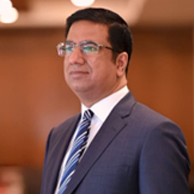Promoting Cultural Diversity through Global Civilization Initiative (GCI)
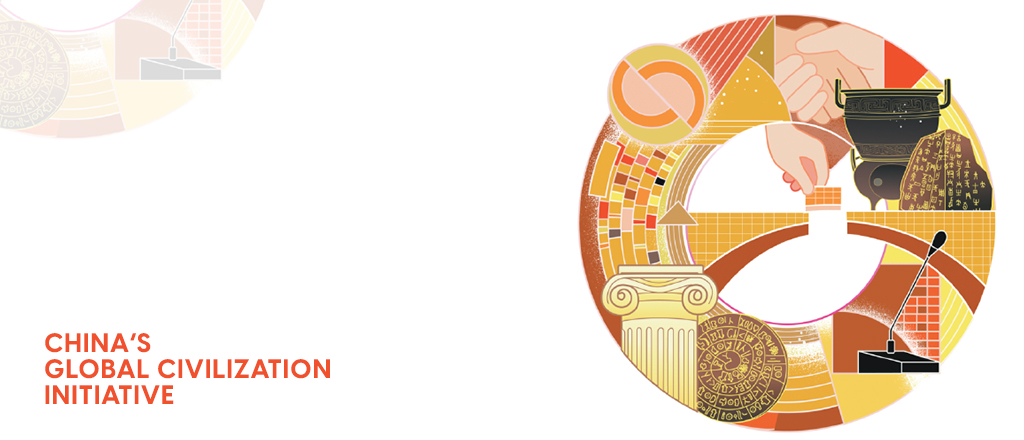
Introduction and Overview
In March 2023, President Xi Jinping proposed the "Global Civilization Initiative" during the CPC Dialogue, a vision that seeks to address the increasingly complex global challenges while promoting mutual understanding, cooperation, and the preservation of diverse world civilizations.
This initiative underlines the Chinese leadership's commitment to advocating respect for the diversity of global civilizations, emphasizing equal and inclusive cultural exchanges, and encouraging friendship among peoples of all nations.
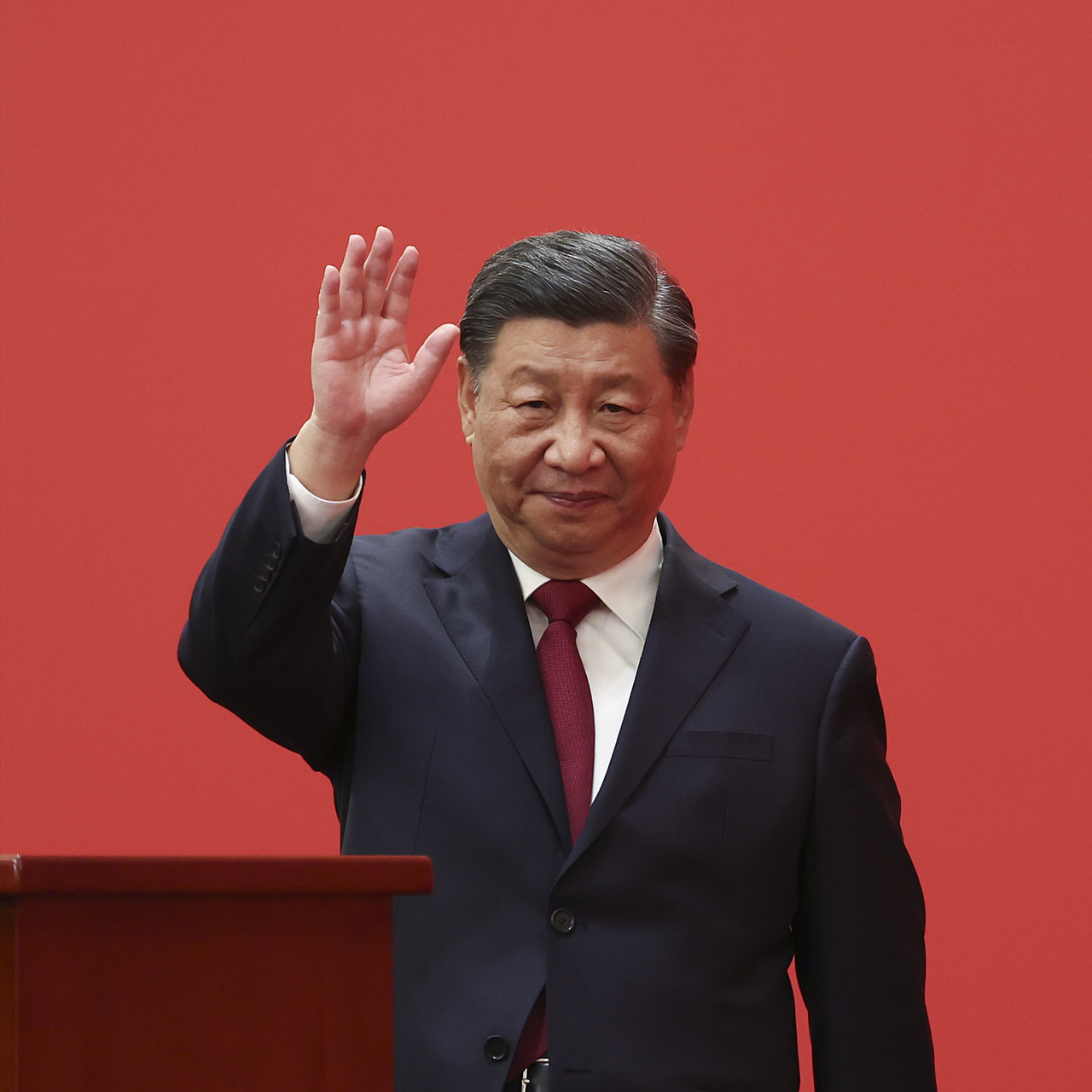
At its core, the Global Civilization Initiative aims to promote tolerance for the diversity of world civilizations while upholding universal values shared by all human beings. These values encompass peace, development, fairness, equality, democracy, liberty, dialogue, and civilizational inclusion. By advocating for these principles, China's efforts to advance humanity's shared values help people from different nations cooperate with one another, encourage teamwork, and tackle global difficulties.
Cultural Exchange and Mutual Learning
One of the pillars of this initiative is China's commitment to promoting cross-cultural interactions and mutual learning. By actively encouraging cultural exchanges, China creates opportunities for people from different nations to share knowledge, ideas, and experiences. This cultural exchange enhances mutual understanding and fosters friendships among people of diverse backgrounds. It also contributes to the progress of human civilization as a whole by enabling cooperation and the exploration of diverse solutions to contemporary global issues.
The Global Civilization Initiative recognizes that each nation possesses its own distinct civilization and has contributions to make to the global community. Whether through culture, knowledge, natural resources, or other means, every nation has a role to play in addressing global challenges. This recognition underscores the importance of unity among nations and the need to come together to confront the most pressing issues facing humanity.
Preserving Cultural Heritage and Encouraging Innovation
The initiative places a significant emphasis on sustaining cultural inheritance and promoting innovation within traditional cultures to meet contemporary demands. By doing so, it seeks to foster a balance between preserving the essence of ancient civilizations and adapting to the changing world. Robust international people-to-people communication and cooperation are key components of this effort, fostering a global network for inter-civilizational dialogue and collaboration.
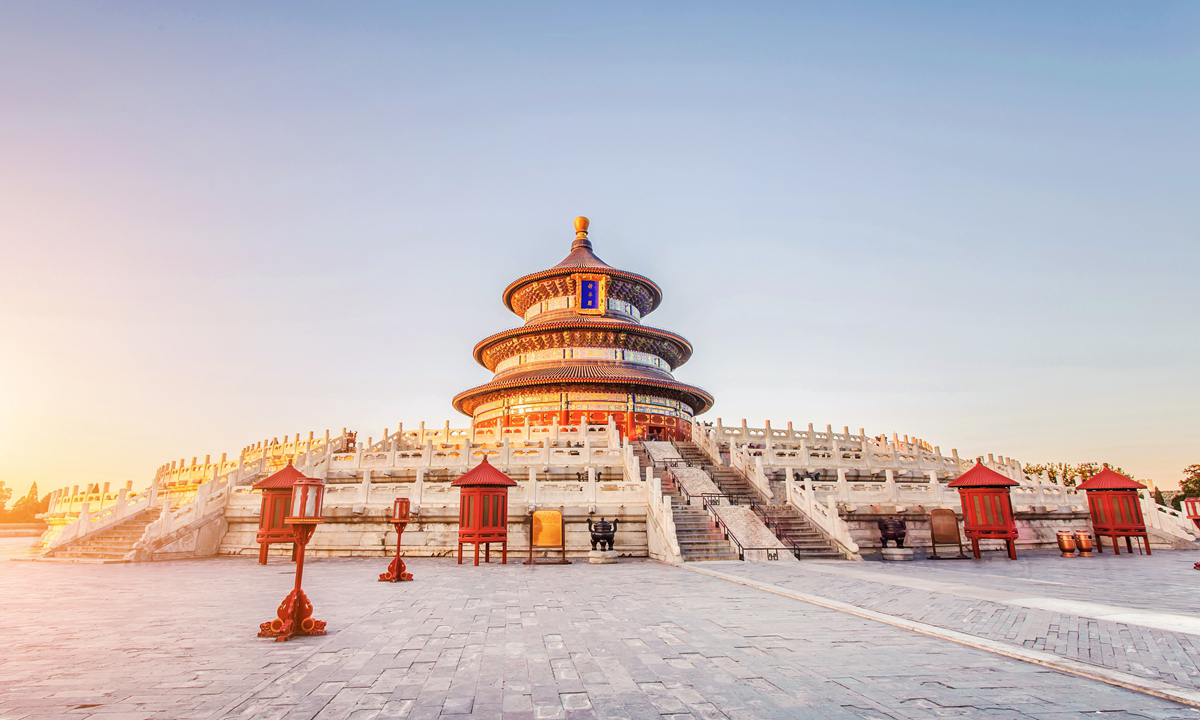
The Global Civilization Initiative advocates for nations to refrain from imposing their values or models on others and to avoid ideological confrontation. This approach promotes mutual respect, tolerance, and a willingness to explore diverse solutions to modern societal problems. It encourages a spirit of cooperation based on shared values and goals rather than divisive ideologies.
Building a Shared Future for Mankind
The Global Civilization Initiative has the vision of creating a "community with a shared future for mankind and prioritizes solidarity, cooperation, and mutual respect among nations in addressing global challenges collectively. It transcends ideological differences and promotes common values, with the aim of building a harmonious and interconnected world that enhances global governance mechanisms. It respects the right of each country to choose its own political system and development path while at the same time opposing ideological barriers and camp confrontations that undermine the common development of countries.
This vision is also opposed to hegemonic and unilateral actions. In the upcoming phase of reforms to the global governance system, the voice and representation of nations throughout the Global South should be further increased.
China's 5,000-year civilization serves as the foundation, building upon existing values and concepts of civilization while driving continuous theoretical innovation. Chinese civilization embodies not only the common values of all humanity but also reflects the essence of traditional Chinese culture rooted in ancient wisdom.
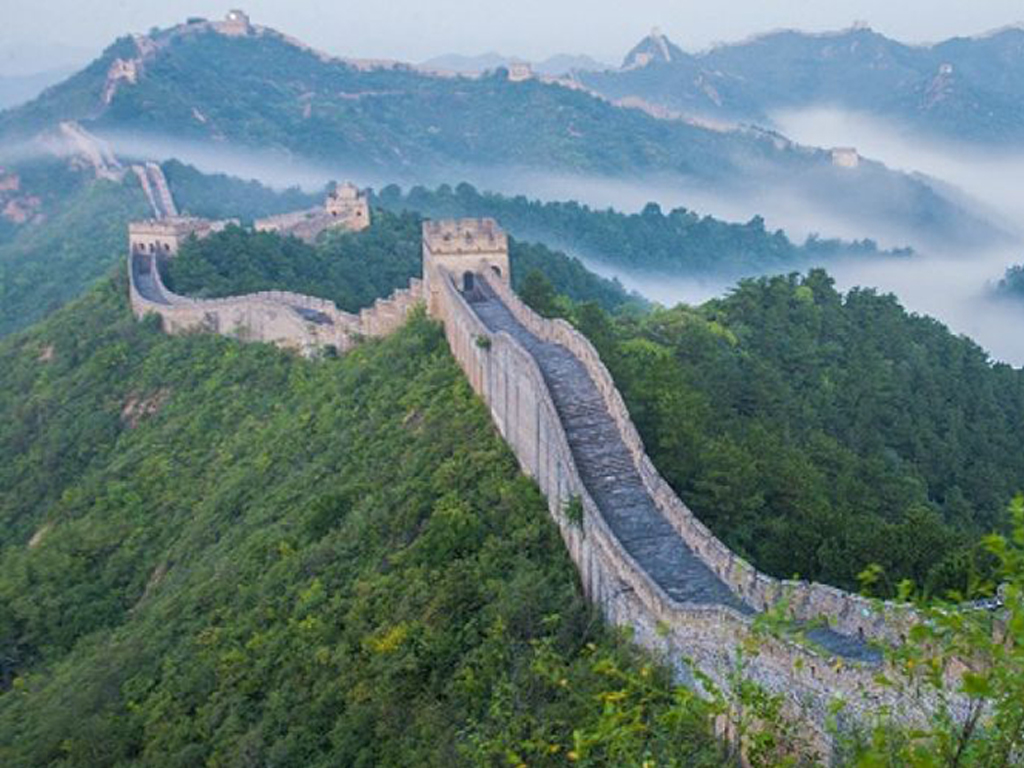
The Role of the Belt and Road Initiative (BRI)
China's Global Civilization Initiative aligns with the Belt and Road Initiative's goals of extending ancient exchanges along the Silk Road into a modern framework. The ancient Silk Road served as a central hub for the exchange of civilizations, the promotion of trade, the sharing of cultures, and the enhancement of mutual understanding. The Belt and Road Initiative (BRI) carries forward the rich legacy of the ancient Silk Road, aiming to foster collaboration and cooperation among civilizations.
This initiative envisions richer cultural exchanges, smoother channels, and deeper foundations for friendship between nations involved in the BRI. The Belt and Road Initiative has strengthened people-to-people ties, artistic collaborations, and cultural understanding, celebrating the richness of humanity's cultural tapestry and nurturing a sense of interconnectedness and common purpose.
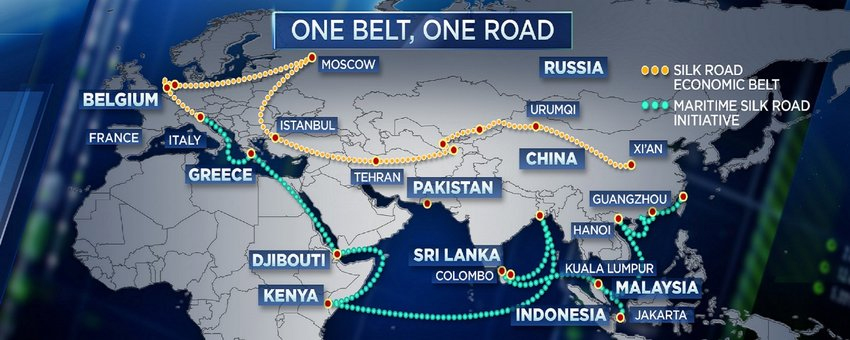
Conclusion
China's Global Civilization Initiative is a significant step towards fostering a more harmonious and interconnected world. By advocating for the diversity of world civilizations, upholding universal values, and promoting cultural exchange and mutual learning, China aims to contribute to the collective progress of human civilization. This initiative emphasizes the importance of unity, cooperation, and respect among nations in addressing the complex challenges of our time and ultimately working towards a shared future for mankind.
Mr. Khalid Taimur Akram is a renowned expert of International Relations. He has the unique honour of being declared as “Best IR Expert” by Communication University of China, Beijing in year 2021 & 2022. HE is also the receipt of the highest literacy and “Oltan Qalam”, which was bestowed on him by the government of Republic of Uzbekistan, in year 2022. He was also declared as the “Best Writer” in Republic of Azerbaijan. Currently, he is Director of International Academic Network for a Community with Shared Future (IAN-CSF) at Communication University of China in Beijing. He is working as expert with various think tanks those in Pakistan, China, Turkey, Romania, Hungary, Belarus, Russia, Uzbekistan, Kazakistan, Tajikistan, Kyrgyz Republic and Indonesia. He also had been overseeing the Electoral process in many countries as “International Election Observer”.





